Internet of things (IoT) - NS GLOBAL CORPORATION
What is IoT?
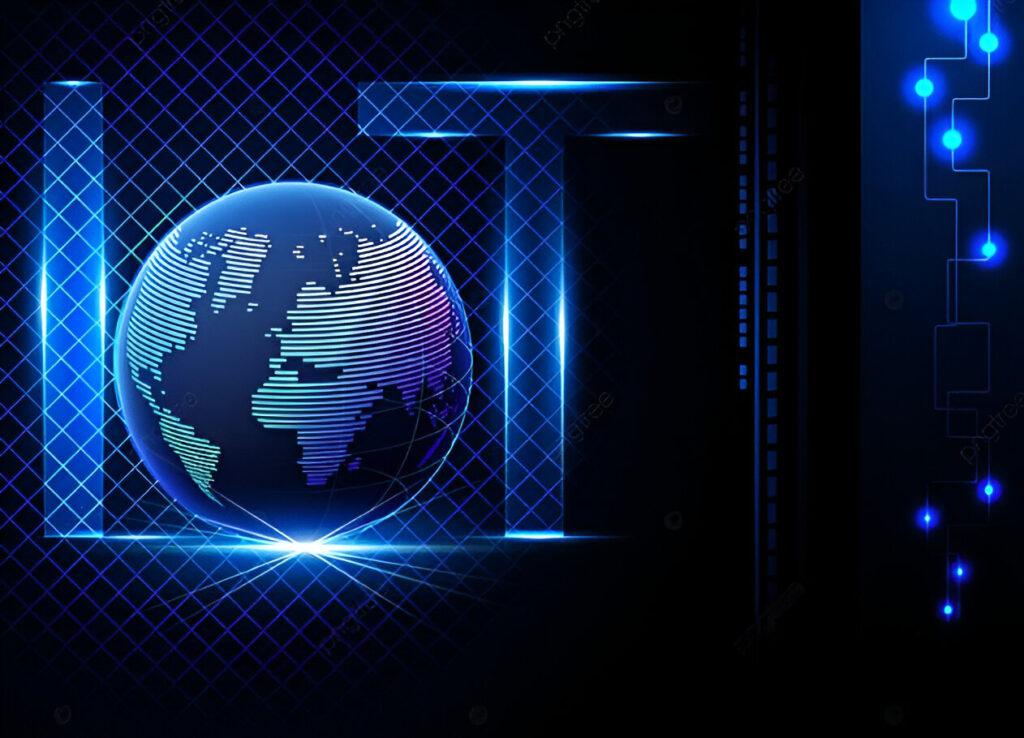
Internet of things or the (IoT) involves a wide array of physical objects which make use of the internet to transmit as well as receive data. These objects, or “things,” can include anything from basic everyday items that people use in their homes such as refrigerators, thermostats to devices found in factories, machines, smart roads and even smart cities. The rapid introduction of IoT gadgets into everyday living is changing the way people relate to their environment in a more efficient, convenient, and even greener manner.
How IoT Works :
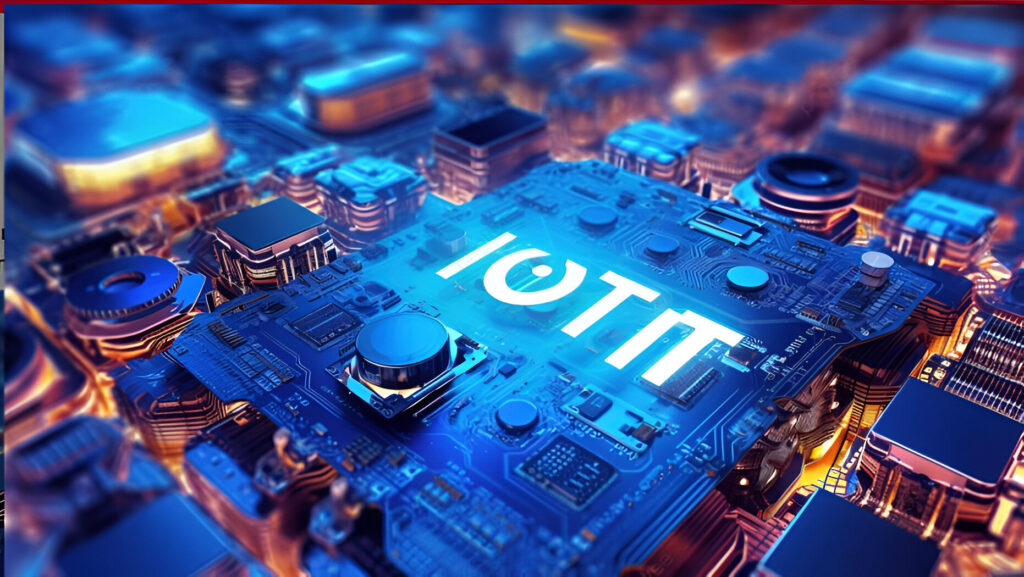
The Internet of Things (IoT) connects devices to the internet, allowing them to collect and share data. Key components include sensors, which capture environmental conditions like temperature and humidity, and actuators, which perform actions based on this data, such as adjusting thermostats. Data is transmitted via various connectivity options, including Wi-Fi, Bluetooth, and cellular networks, to servers or the cloud for processing, analysis, and machine learning. Users can then access and manage connected devices through mobile, web, and voice applications. IoT systems continuously improve through user feedback, optimizing performance. Security is crucial, involving data encryption, user authentication, and regular software updates to protect against unauthorized access.
Applications of IoT :
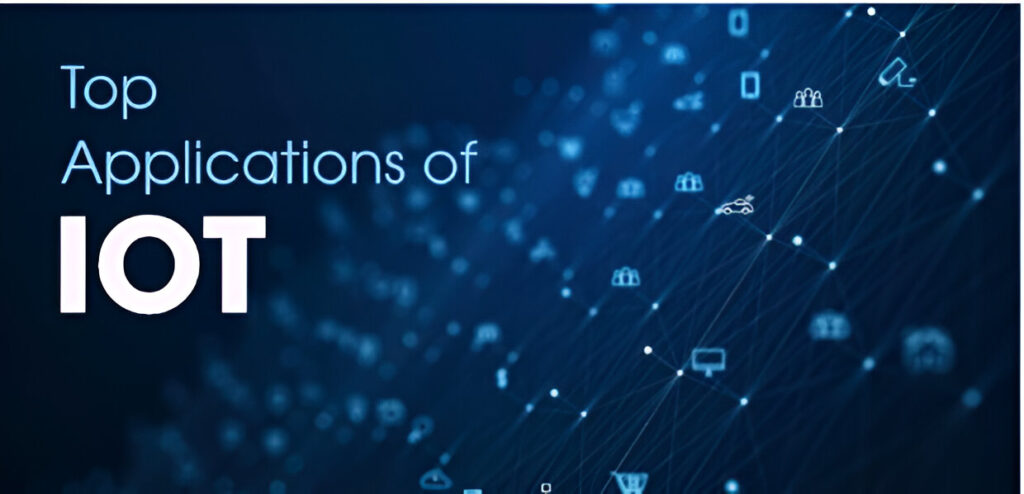
Smart Homes: Automate lighting and thermostat settings via smartphone apps, making life easier and saving energy.
Healthcare: Wearable devices monitor health metrics, allowing doctors to check data remotely, akin to having a personal doctor.
Agriculture: Sensors monitor soil moisture and weather, optimizing irrigation and improving crop yields.
Industrial Automation: Smart devices predict machine failures, reducing downtime and maintaining production efficiency.
Smart Cities: Technologies manage traffic lights and optimize waste collection, enhancing urban living.
Transportation: Connected vehicles provide real-time alerts for the fastest routes and nearby accidents, improving safety and efficiency.
Energy Management: Smart meters help homeowners track energy usage, enabling better conservation.
Supply Chain Management: IoT devices track shipments, providing transparency and enhancing customer satisfaction.
Benefits of IoT :
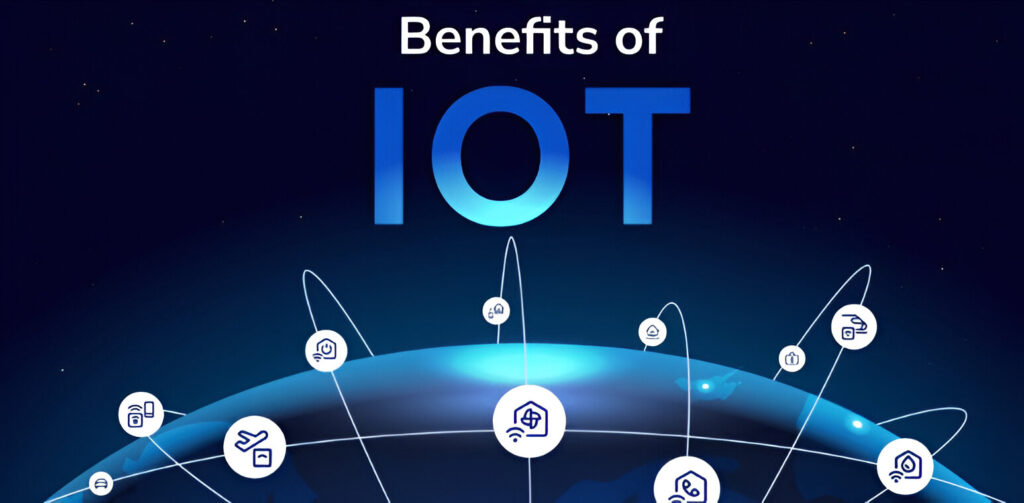
Increased Efficiency: IoT automates processes and systems, reducing manual effort and
streamlining operations.
Improved Data Gathering: IoT devices collect real-time data, improving decision-making with the right insights.
Cost Savings: The optimum use of resources and proper maintenance activities can significantly reduce the costs of operations.
Improved Safety: IoT can help improve safety by real-time monitoring, alert systems, and predictive maintenance of reducing risks.
Better Customer Experience: IoT devices will provide data-driven insights toward better-serving the customer through personalized services and interactions.
Remote Monitoring and Control: Users can monitor and control devices remotely,
making it all the more convenient and flexible.
Sustainability: IoT helps optimize energy consumption and reduce waste, thus
making it more sustainable.
The Future of IoT :
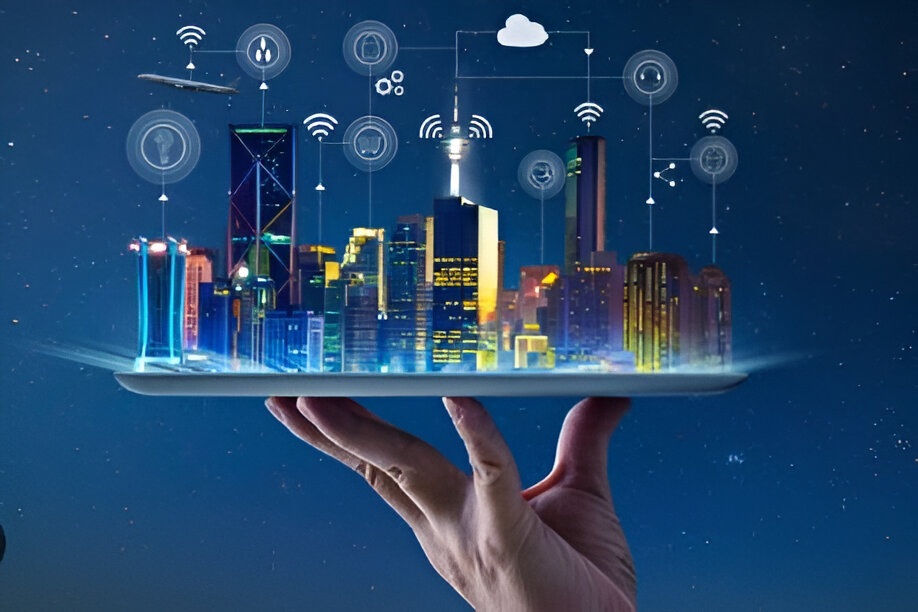
The future of the Internet of Things (IoT) will dramatically reshape our world, driven by advancements in connectivity, particularly with the rollout of 5G networks. This will enable faster, more reliable data transmission, making cities smarter through integrated traffic and public safety systems and enhanced communication among autonomous vehicles.
AI will enhance IoT by providing sophisticated data analysis and predictive analytics, optimizing operations in healthcare and manufacturing. As devices become more intelligent, they will adapt to user needs, improving efficiency in daily life.
Security and sustainability will be crucial as IoT evolves. Strong security measures and standardized protocols will be essential to protect data and user privacy. Additionally, IoT will promote sustainability through smart energy management and resource optimization, helping organizations reduce their environmental impact. Overall, IoT will transform industries and contribute to a more sustainable, interconnected world.
Conclusion:
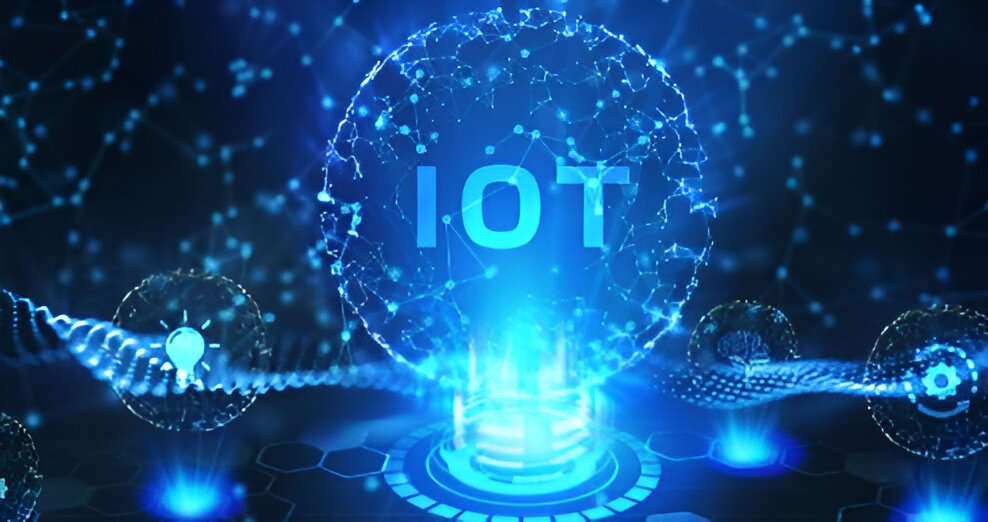
In conclusion, the Internet of Things (IoT) represents a significant leap forward in how we interact with our environment and manage our daily lives. By integrating sensors, connectivity, data processing, and user-friendly interfaces, IoT devices create a dynamic ecosystem that enhances efficiency, convenience, and safety. As we continue to embrace this technology, we can look forward to innovative applications that address both personal and global challenges, from smart homes to sustainable cities. However, it’s essential to remain vigilant about security and privacy as we navigate this interconnected landscape. Ultimately, the potential of IoT is vast, promising to reshape our world in ways we are just beginning to explore.
Leave A Comment